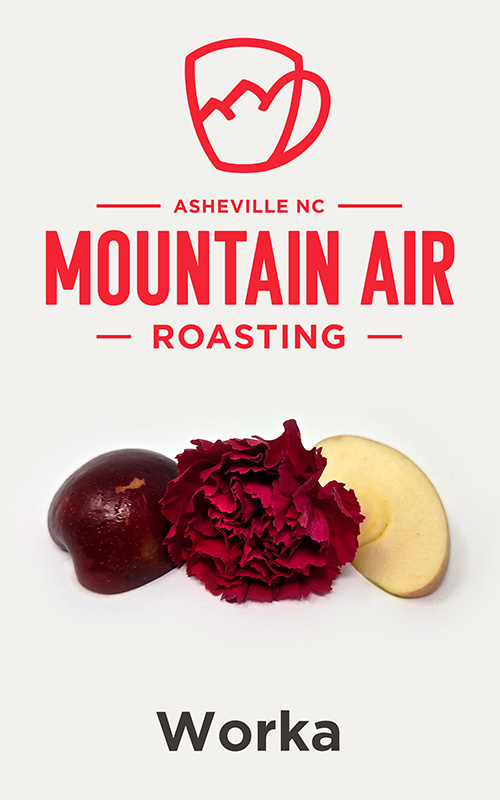Description
This single producer lot comes from Mr. Bekele Gemeda in the Worka village in Yirgacheffe.
Mr Bekele Gemeda is a resident of small village called Worka 13 kms from Gedeb town. He owns 6.5 hectares of coffee farm in one place and another 3 hectares in another place within the same village. He works full time in his farm assisted by his able children who completed their primary education but couldn’t find another job in towns. Mr Bekele, who is the father of 11 children, fully relied on the income he generated from his coffee farm. The coffee farm business also supports his two elder married sons who also work together with him.
Mr Bekele Gemeda was incredibly grateful to see the care he has put into his coffee showed well enough in the cup to have his coffee kept separate, something that is rare in Ethiopia
The cup has cooked peach, fresh lime, and perfume flavors with delicate fruit-like sweetness and tart citric acidity.

